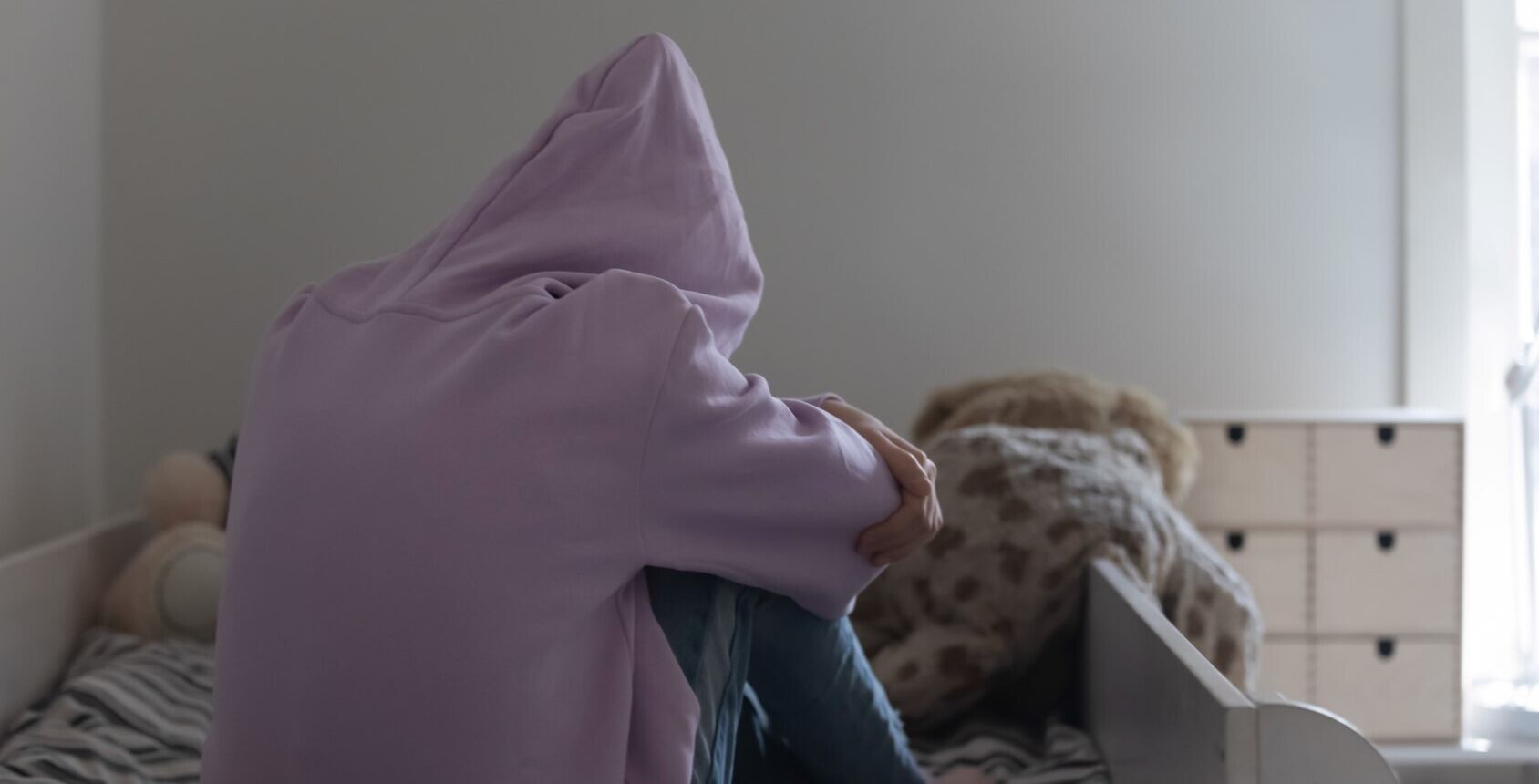Physical child abuse

Many children suffer grazes, bruises and other injuries as a result of bumping into things or falling over. Physical abuse is a non-accidental injury caused to a child.
Occasional injuries do not necessarily mean a child is being physically abused. A pattern of injuries and lack of plausible explanations about the causes of injuries may indicate abuse.
Physical abuse includes any type that involves hurting a child physically, including:
- hitting or slapping,
- shaking,
- pushing,
- pinching or biting,
- poisoning, and
- strangling.
Physical abuse harms a child – both physically and mentally even if no mark appears on their body. Shaking a baby or physically abusing a child can cause very serious brain injuries, seizures, life-long disabilities and death.
When a child is abused it impacts the way their brain develops. Children who have been physically abused may have problems with their learning and behaviour at school, alcohol and drug use, low self-esteem, emotional control, making friends, developmental delays and forming relationships.
Signs of physical abuse
Signs of physical abuse can include:
- injuries that can’t be explained, including: wounds, bruises, bite marks, burns, broken bones, seizures, scarring, bleeding, or swollen bumps
- being jumpy or extra vigilant
- aggressive and anti-social behaviour towards others
- other symptoms of child abuse.
What about smacking?
Smacking and other types of physical punishment for children are not ok. Disciplining a child using physical punishment does not encourage better behaviour. It can hurt children, and it gives them the signal that it’s ok to use violence against other people.
Smacking leads to increased risks of children developing mental health and developmental problems, to more aggressive, anti-social behaviours and reduced cognitive abilities.
Getting help
Worried about yourself, a friend or another family member? Get help here.
Find out more
For more information on child abuse, including the information on reporting child abuse, please refer to the DHHS website.

